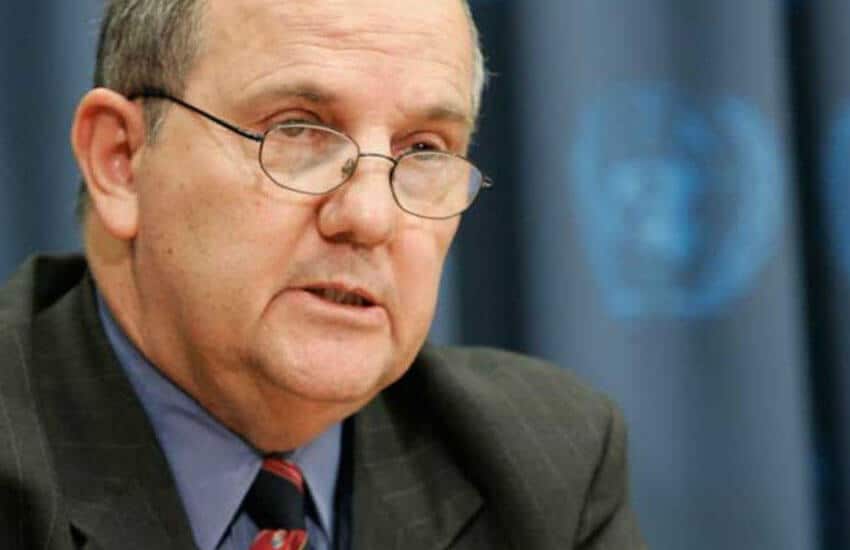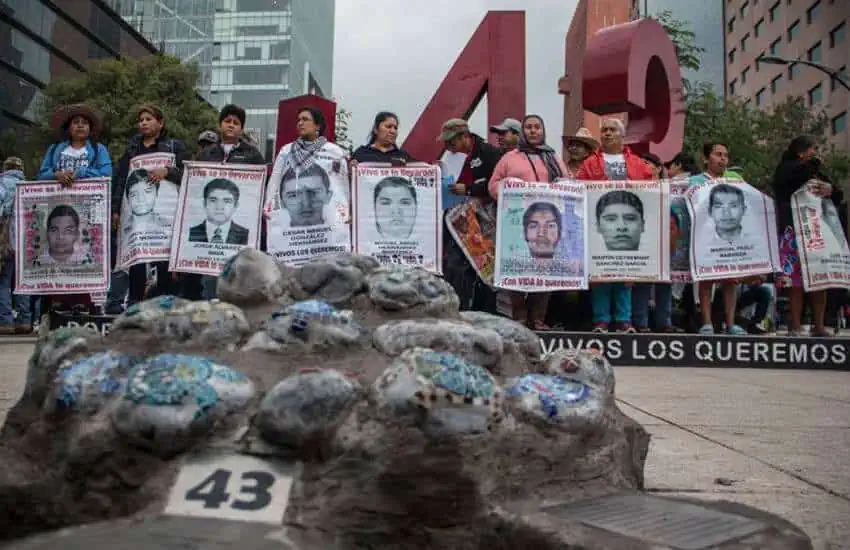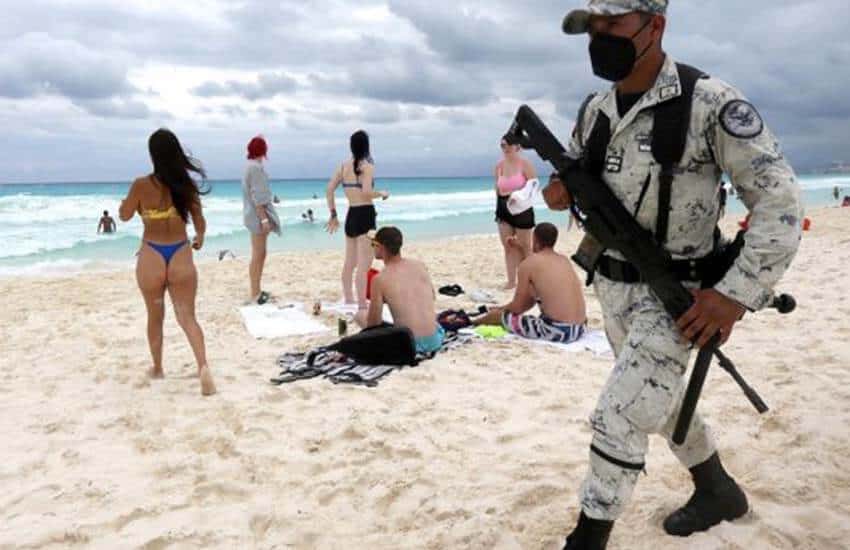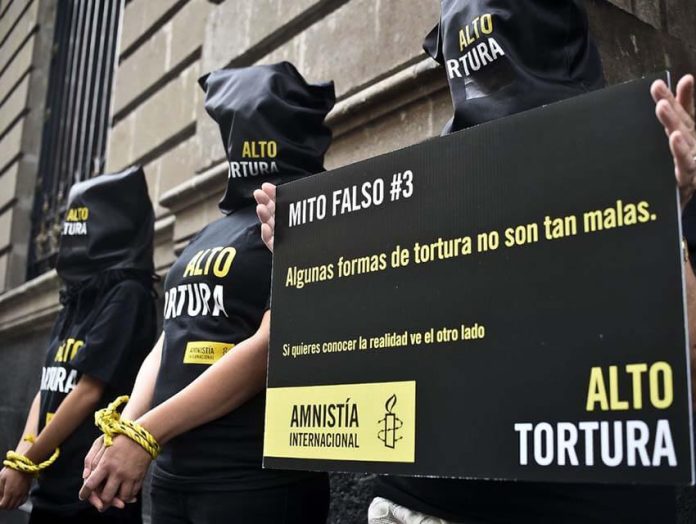The use of torture by government authorities remains a problem in Mexico, according to a former United Nations anti-torture official.
Juan Méndez, a lawyer, former UN special rapporteur on torture and an internationally renowned human rights activist who was jailed for 18 months in his native Argentina for his defense of political prisoners during that country’s military dictatorship, warned during the 2012–18 government led by former president Enrique Peña Nieto that torture was a widespread problem in Mexico.
One example of the problem during Peña Nieto’s presidency was the torture of suspects in the case of 43 missing students from the Ayotzinapa teachers’ college in Guerrero, as documented by the United Nations in a 2018 report.
In an interview with the newspaper Reforma, Méndez said that Mexico is still facing a human rights crisis – despite President López Obrador’s claim that such rights are no longer violated in Mexico – and asserted that a lot still needs to be done to stamp out torture
“My impression is that there is still a lot to be done so that there is complete validity of the prohibition of torture in Mexico,” said Méndez, who was tortured while imprisoned in Argentina in the 1970s before his expulsion from the South American country.

“What I believe Mexico shows is that the militarization of the solution to the problem of organized crime is counterproductive,” he added.
Before he was sworn in as president in December 2018, López Obrador promised a gradual withdrawal of the military from the nation’s streets. But as president, he continued to use the military for public security tasks, and in May 2020 published a decree ordering the armed forces to continue doing so for another four years
Méndez said he believed that troops deployed to combat organized crime and violence feel “authorized to use techniques that are against the law,” such as torture. What’s worse, he added, is that “their commanders are not inclined to stop those violations.”
Non-governmental organization Human Rights Watch (HRW) said in a recent report that “human rights violations – including torture, enforced disappearances, abuses against migrants, extrajudicial killings, gender-based violence and attacks on independent journalists and human rights defenders – have continued” in Mexico since López Obrador took office.
Torture, HRW said, is widely used by Mexican authorities to obtain confessions and extract information.
“It is most frequently applied after victims are detained, often arbitrarily, but before they are handed to civilian prosecutors. Victims are often held incommunicado at military bases or illegal detention sites,” the report said.

Méndez, author of a new book on human rights, told Reforma that Mexico requires an internal “democratic and social dialogue” to determine what measures would work in the fight against organized crime.
He also said that “transitional justice has a role to play in Mexico because there is a legacy of serious human rights violations.”
The UN has described transitional justice as “an approach to systematic or massive violations of human rights that both provides redress to victims and creates or enhances opportunities for the transformation of the political systems, conflicts, and other conditions that may have been at the root of the abuses.”
Méndez noted that transitional justice usually takes place after a radical change in the political regime of a country – from a dictatorship to a democracy, for example – or after a transition to peace from armed conflict.
“In Mexico, there isn’t a regime change and there hasn’t been … an armed conflict like in Colombia,” he said, although López Obrador claims he is bringing transformational change to Mexico.
“However, transitional justice measures, adapted to the Mexican reality, could be very useful in the democratic dialogue I mentioned,” Méndez said.

Any measure that helps combat the high levels of impunity in Mexico would be welcome. Impunity rates are extremely high for many crimes, including torture.
One case that could buck the trend is that in which marines are accused of sexually torturing two women and one trans man in 2011. Three marines are currently on trial, a development that the Centro Prodh human rights organization described as an important step toward justice.
With reports from Reforma
